With ‘Freedom Day’ now having been and gone, the UK is getting used to life with nearly no restrictions.
However, with the number of COVID cases still rapidly rising, it has created a sense of unease for many people.
A psychologist based in Chatham has set out to help those still worried about this by creating a video detailing his top five tips for adjusting to the world after July 19.
Alex Sinclair, a cognitive and behavioural psychologist, who has been in the profession for 27 years posted the video last weekend to his practice’s Facebook page.
Come up with three rules for yourself
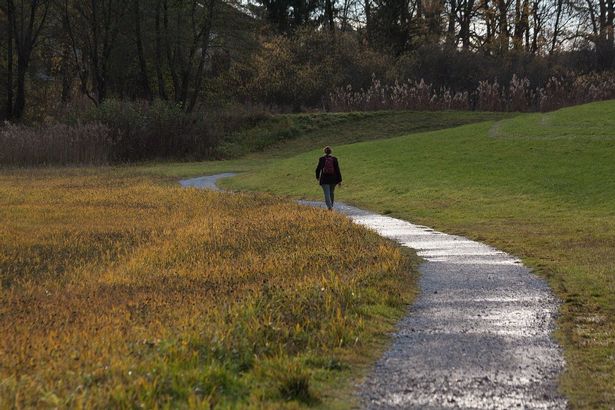
Deciding on three rules to set for yourself is the first tip, with the aim being for them to be desirable, achievable, and to not rely on anyone else.
“We’ve seen rules that rely on someone else for example [and then] it’s no longer your rule, you no longer take responsibility for it,” said Alex.
He made the point that as individuals people live their everyday lives by simple rules, and with COVID restrictions easing you could set a few more to help yourself acclimatise to this situation.
This could range from completing a ten-minute walk each day, stopping your online grocery shopping for a month or starting a journal.
“The idea behind that rule was to give people back control of their priorities,” he said.
“What rules can I have for myself that are doable, not going to change the world, but certainly to take back control of certain aspects of my life that COVID robbed of individuals.
Do an activity that feels rewarding
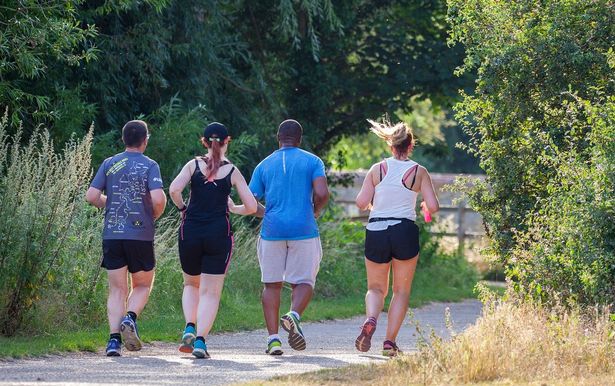
Completing activities that you enjoy is also a good way to settle into life reopening up again.
Alex mentioned that with life “shutting down” around people they fell into habits such as excess drinking, or not going to the gym, which could be worked on now that life was not so restrictive.
Taking part in activities such as the NHS Couch to 5k, jogging, or in the case of one of Alex’s friends, becoming a beekeeper, it can all help.
“It’s giving someone some pointers to plan to engage with an activity that’s rewarding,” said Alex.
“I felt it was important to start planning for something which is rewarding to them mentally, emotionally and physically.”
Make plans for the future
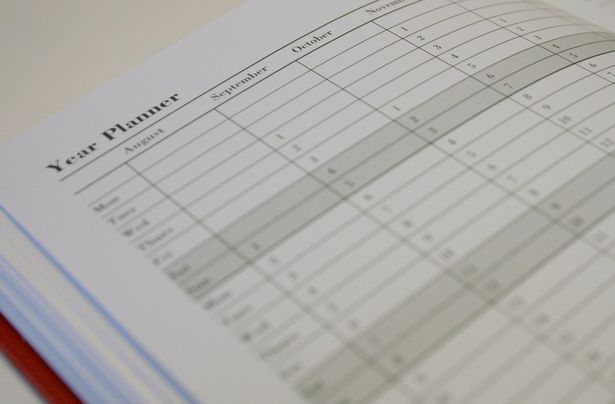
Another element of taking back control of your life with restrictions easing is the practice of making plans for the future.
Alex thinks this is crucial as decision-making has been taken out of people’s hands during the pandemic, with some of his clients being hesitant about re-entering the world again as a result.
“I think people over the last 18 months have been conditioned to think differently about who they are and what they’re capable of,” he said.
It’s an important step to rekindling relationships and friendships that might have been affected whilst restrictions were in place he argued.
Whether that might be a pub lunch with your friend or organising a future holiday, it all helps as it allows your brain to prioritise what’s important.
“Even if it was just a plan to engage with people in your social life again or give your friend a call, that’s your evolution with regards to rule number three,” he said.
Look for a person to talk to
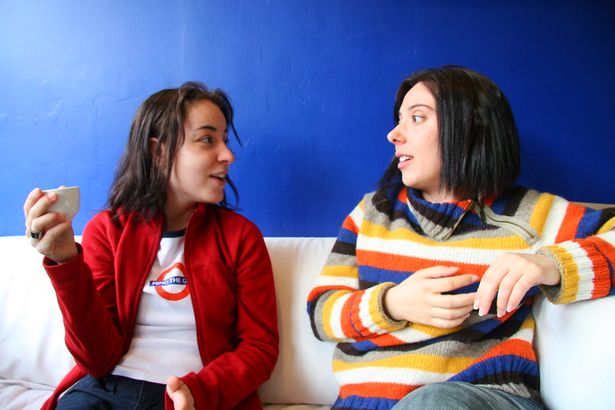
Long-term loneliness has been a problem throughout the pandemic, with people having far less interaction with others than since March last year.
A way to get used to life being back to close to normal is to try and reintegrate yourself into chatting with others.
Alex felt very strongly about the media needing to encourage people to talk to each other in a time like this, to share each other’s stories.
“”Either to a relative, or a therapist or people who are totally out of your comfort zone, just going up to someone who you don’t know and say ‘How’s it been for you?’ he said.
“The world has missed people interacting with it and when you find someone to talk to, whether that be a friend or a relative, actually just tell them what you’ve learnt through the lockdown.”
“It’s about people reconnecting [and] about people asking the right questions,” he added.
Practise breathing techniques
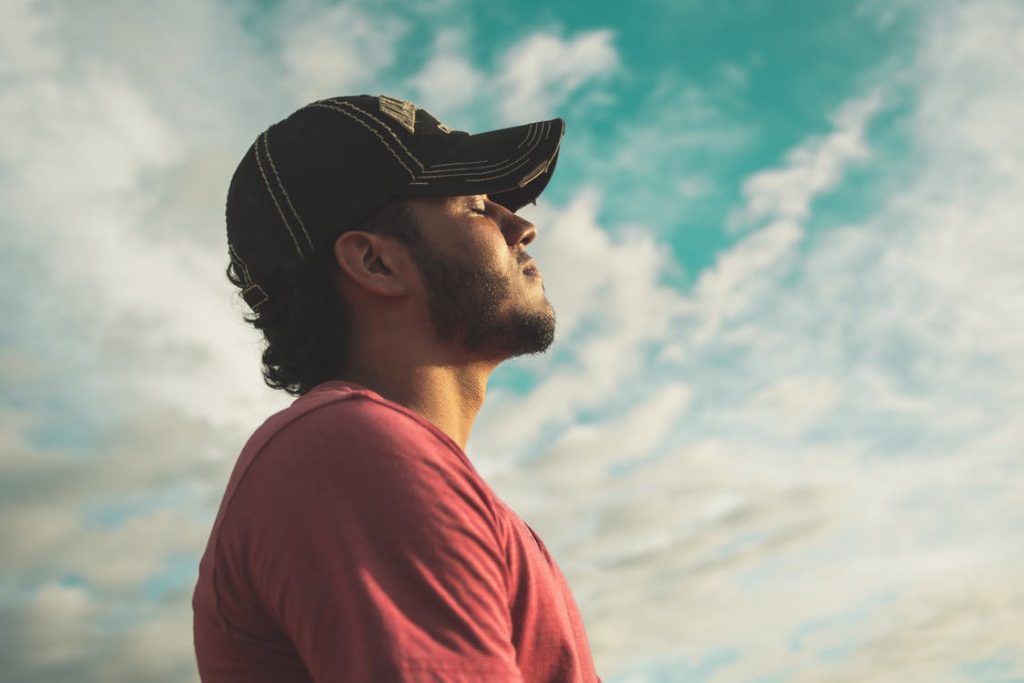
People are understandably still hesitant to go back into the real world again, and with COVID cases still rising the thought of entering a packed place might seem daunting.
A technique that Alex teaches all his clients is diaphragmatic breathing, which can help control yourself in stressful times.
As the name of the technique suggests, you breathe in from your diaphragm for four seconds, hold it for four seconds and breathe out for six seconds.
It’s a useful tool to help with anxiety and panic attacks, and is something Alex learnt from one of his teachers at school.
“If you can control your breathing then everything else will fit in and you’ll make better decisions, you’ll be mentally focused more,” he said.
“It’s a good speedbump into people going back into activities or behaviours that they’ve missed doing.”
A simple task to achieve mindfulness for people who might be anxious about going into large crowds might be useful for the foreseeable future.
If you would like to speak to Alex you can contact him through his website.
The original article was published on Kent Live HERE
